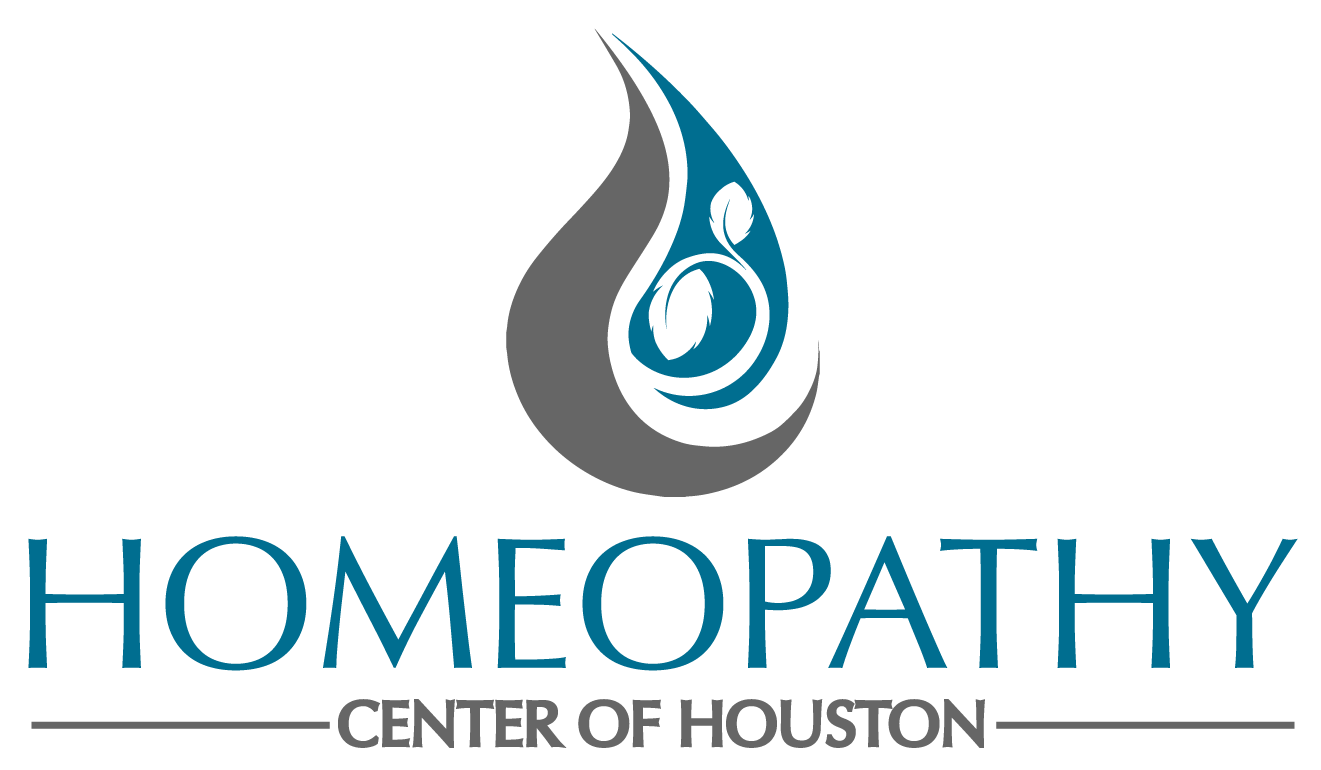Obsessive compulsive disorder (OCD) used to be a rarity.
But according to the NIMH[i], approximately 2.3% of American adults between ages 18 and 54 have OCD. That’s 3.3 million people, with at least one-third of the cases beginning in childhood.
In many cases, OCD exists alongside other problems such as tics or Tourette’s syndrome, eating disorders, ADHD, anxiety disorders and many behavioral disorders.
 Many autistic children also have OCD characteristics, which manifest as rigidity and inability to transition from one place or activity to the next, obsession with lining up toys and other particular rituals. In many non-autistic cases, it manifests merely as “I wash my hands a lot” or “I can’t go to bed at night without making sure all of my remote controls are lined up a certain way.”
Many autistic children also have OCD characteristics, which manifest as rigidity and inability to transition from one place or activity to the next, obsession with lining up toys and other particular rituals. In many non-autistic cases, it manifests merely as “I wash my hands a lot” or “I can’t go to bed at night without making sure all of my remote controls are lined up a certain way.”
OCD is so life impacting that the estimate of economic losses in the US even as far back as 1990 was $8.4 billion, almost 6% of the country’s total mental health bill. Since that time, the affliction has become more prevalent, and more deeply impacting, destroying the quality of life of millions of adults, children and their families.
Can homeopathy help with this epidemic?

First, a note of clarification: homeopaths do not rely on medical diagnostic terms for their analysis of how to work with a case. However, most clients approach a homeopath with a diagnosis, often quickly giving the homeopath a generalized idea of what the problems are. Beyond that, a diagnosis is not necessary for homeopaths to work successfully with any client. Instead, the homeopath individualizes each case based upon the presenting symptoms.
This gives the homeopath a distinct advantage over conventional medicine’s methodology. The homeopath examines in great detail the client’s history, family traits and presenting symptoms, but it is not necessary to know the specific pathogenic germ that is responsible in order to successfully help the client’s symptoms.
Homeopaths must know their tools—especially the homeopathic Materia Medica, a compendium of some 4,000 homeopathic remedies—and how to interpret the body’s communications through the symptoms. This allows homeopaths to best match the symptoms to the appropriate remedy, based on the Law of Similars and/or the Laws of Isopathy.
However, if there are known indications as to a certain pathogen and its effects on the system, these can help guide the choice of remedy or remedies.
Homeopathy Center’s research has found some interesting connections between the disorders mentioned above.
The most common thread we are finding is strep as a possible cause, primarily cell wall–deficient strep.
Perhaps this autoimmune form of strep is caused by the breakdown of the cell wall of pathogenic streptococcus, but not the complete destruction of the microbe. Antibiotics attack the cell wall, causing this breakdown.
According to the work done by Lida Mattman, Ph.D., if the cell wall is partially or completely destroyed, or if the bacteria do not all die, then those that remain with a cell wall deficiency are often much more virulent and dangerous to the system.
This occurs because the immune system can’t recognize them as the enemy and can’t destroy them. These are commonly called “cell wall–deficient forms,” or “L-forms.” Dr. Mattman wisely refers to them as “stealth pathogens,” operating right under the immune system’s nose.
Homeopathic remedies do not add to this stripping away of the very thing that makes a pathogen recognizable to the immune system. They do not act by chemically bullying a pathogen into submission.
Rather, the homeopathic remedy in its highly diluted form carries a small “picture” into the system. This picture matches very closely the signal of the illness (whether caused by one or many pathogens, identified or not by humans).
The homeopathic remedy is a diluted remedy with a signal that is most similar to the symptoms of the sick person, which can alert the immune system to aid recovery even if the exact pathogen is not known.
The advantages are obvious.
Expensive lab tests aren’t necessary.
Many of our clients have found relief for their obsessions, compulsions and tics through remedies that typically would help a sore throat or ear infection.
Because we know that sore throats and ear infections are commonly caused by streptococcus, we can reasonably assume that the reason these remedies work for earaches, sore throats and OCD is because perhaps all three are caused by the same thing—streptococcus.
Modern medicine actually backs this homeopathic inference.
Medical research by Susan Swedo, MD, at the NIMH provided confirmation of our understanding of the physiological etiology of OCD, tics and movement disorders.[ii]
While many western practitioners might prefer to classify OCD as a mental/behavioral disorder, our case studies affirm Dr. Swedo’s findings that a physical component plays the leading role in this large category of complaints.
As part of the healing process, our clients frequently run fevers. We often see gains (a marked decrease in complaints) as the parents relieve fevers with any of many homeopathic remedies that also are commonly used for sore throats and earaches.
These maladies in medical literature have long been related to streptococcus.
In the past 2 years, this experience has allowed us to expand and focus more on homeopathy aimed at several specific pathogenic syndromes, particularly those associated in both homeopathic and medical literature with strep, herpes and the measles virus.
By focusing on remedies for our clients’ behavioral symptoms (which is a common approach in homeopathy), we have discovered that we are repeatedly pulled toward groups of remedies that revolve around these three important symptom constellations.
Using all forms of homeopathic remedies in proprietary combinations—nosodes, sarcodes and German biological and gemmotherapy remedies—the immune system receives the much-needed support required for true healing and elimination of the offending microbes.
Through this focus, combined with a sequential approach to healing, we are seeing many clients significantly reduce or eliminate their tics, OCD, rigidity and anxiety levels, and many ASD children are gaining cognitive, speech and social skills.
This same focus is precisely the vantage point that Homeopathy Center of Houston has successfully employed with children who come to us with a diagnosis somewhere on the Autism spectrum, including ADD, ADHD, Asperger’s syndrome, PDD-NOS and autism. As we find effective ways to help one behavioral problem, it often carries over to others.
Just as we do not need to know the pathogen, we do not need a formal medical diagnosis to gain positive results. In fact, many homeopaths feel that a diagnostic term can occasionally serve as a distraction to seeking all of the person’s individualized symptoms.
A diagnosis is not a detriment, but it can sometimes imply symptoms that may or may not be present in the individual. It is the individualized way in which each person is affected by and exhibits their symptoms that the homeopath must seek and work with.
Often the symptoms of illnesses attributed to this or that “germ” are simply the body’s unique means of reacting differently to the same pathogen. For instance, where one child may get frequent rashes, another develops obsessions or compulsions. While strep may act as an inflammatory pathogen in one person’s throat, in another, it inflames the skin into a rash. In a third, it may inflame the brain stem and create obsessions.
In other cases, there may be many different pathogens involved. For instance, measles and herpes viruses are both known to enter the central nervous system. Because the homeopathic remedies boost the body’s own Vital Force (partly the immune system, partly the energy required to maintain homeostasis and sustain life) to do the work, the Vital Force may tackle one set of pathogens one time and a different set another time.
It does not matter whether it is one or many pathogens responsible—we can still follow and support the client’s recovery through the process using indicated remedies to support the body’s natural elimination and rebalancing capabilities (symptoms).
While the symptoms of Dr. Swedo’s term “PANDAS” are not what conventional medicine previously associated with streptococcus infections, she has noted the presence of strep antibodies, which she surmises to be attacking the basal ganglia.
Whether this is the actual mechanism or not, in our clinical experience, we can say that no matter what the name, or the mechanism, homeopathic remedies for complaints associated with strep have provided most of our clients relief from inflammatory symptoms and movement and obsession disorders. This makes sense when compared to Dr. Swedo’s view of this relatively “new” phenomenon of PANDAS.
Unfortunately, the prevailing wisdom is that if PANDAS becomes a definitive diagnostic term, then the obvious treatment medically would be long-term antibiotics. However, there are grave concerns about the effects of long-term antibiotics, which may be a panacea only for some.
It is well known that 75% of our human immune system lies not just in the physical entity we call the gut, but in the biological ecosystem of the gut flora and bacterial population. It is equally well known that antibiotics, even in the short term, disrupt this fragile balance between “good” and “bad” bacteria in the gut. In the long term, they could be doing more harm than good.
Homeopathy offers a non-suppressive, broad-based option to help restore immune system function and reduce obsessions, compulsions and motor problems without any side effects. It supports the immune system and cannot destroy the delicate balance of the gut flora.
Homeopathic remedies do not create cell wall–deficient, highly pathogenic forms. They harness the body’s own innate healing mechanisms and gently nudge them back toward balance without toxins or drugs.
The best part is that when the body heals itself, the healing is true, deep and lasting. There are no “rebounds” or cycles, whereby the symptoms keep returning or worsening after the remedies are stopped, leaving the patient needing ongoing, lifelong treatment.
So far, our homeopathic work has been very promising and successful with many children who have suffered tics, obsessions and compulsions. No matter the prevailing medical wisdom or controversy over of how to treat these disorders, there is a growing body of accepted knowledge that points out that OCD is a physiological illness that affects behavior.
The key to the Houston Homeopathy Method is the method. It is a thought process and unique application of many different homeopathic approaches that have reaped huge rewards for not only our clients, but even some of our own children.
What outcomes have we seen?
We’ve seen clients become much less obsessed, able to regain normal control of their anxieties and able to relax and return to a normal life. Our children with tics or Tourette’s syndrome have either lost or greatly diminished their tics, and many are still working with us with every good reason to believe they will lose their tics entirely.
The recovery is not overnight. Most of our clients have had multiple exposures to bacteria, or “infections,” and have been treated previously with antibiotics, so the “unlayering” process may require some time. But the time required is getting shorter as we discover more through ongoing research.
Most importantly, our clients get better with each step we take in peeling back the layers that led to their problems.
To learn more about how we can help you with your OCD, PANDAS, tics and Tourette’s syndrome, click here.
[i] http://www.wrongdiagnosis.com/artic/facts_about_obsessive_compulsive_disorder_nimh.htm
[ii] Leonard, H, Swedo S; Paediatric autoimmune neuropsychiatric disorders associated with streptococcal infection (PANDAS); 2001, Int J Neuropsychopharmacology 4: 191-198


Recent Comments